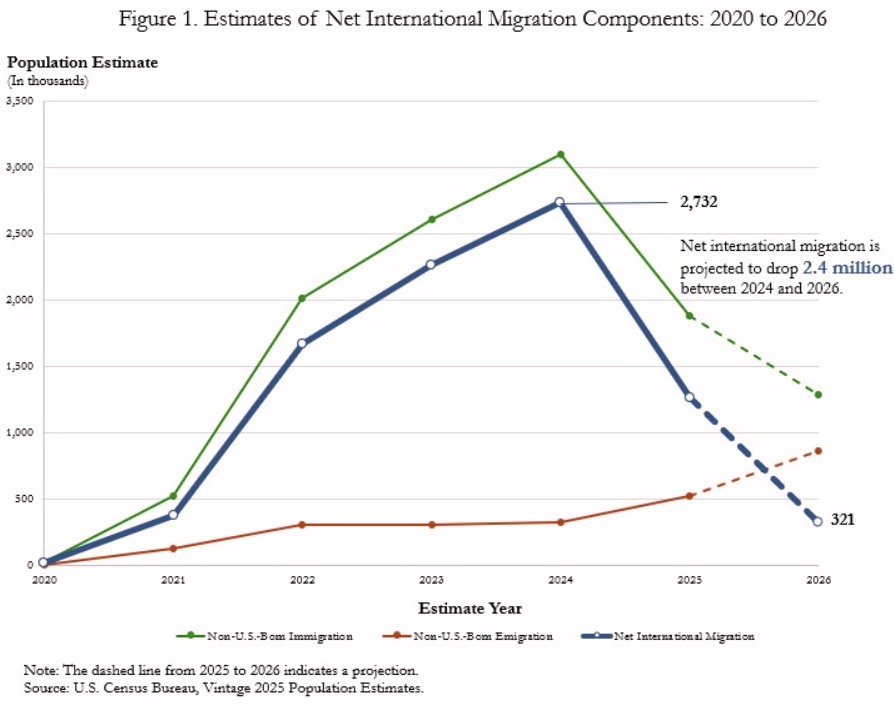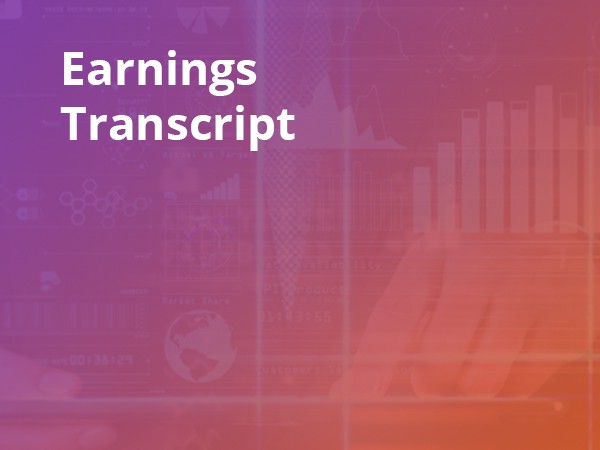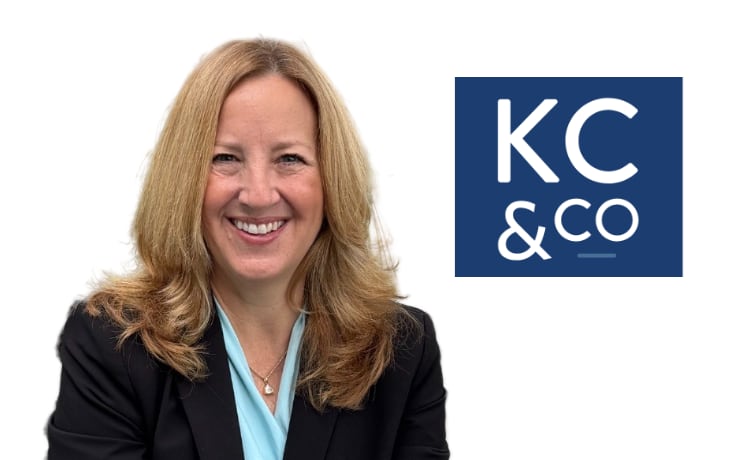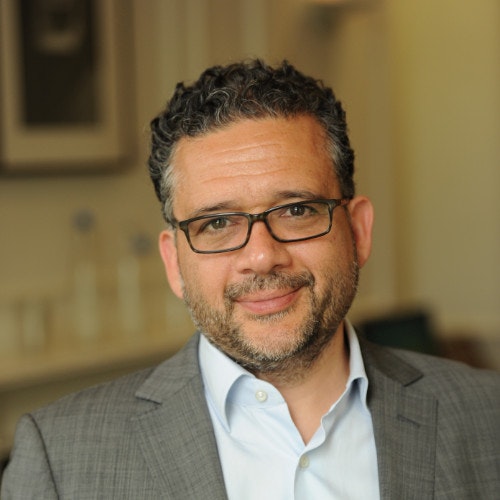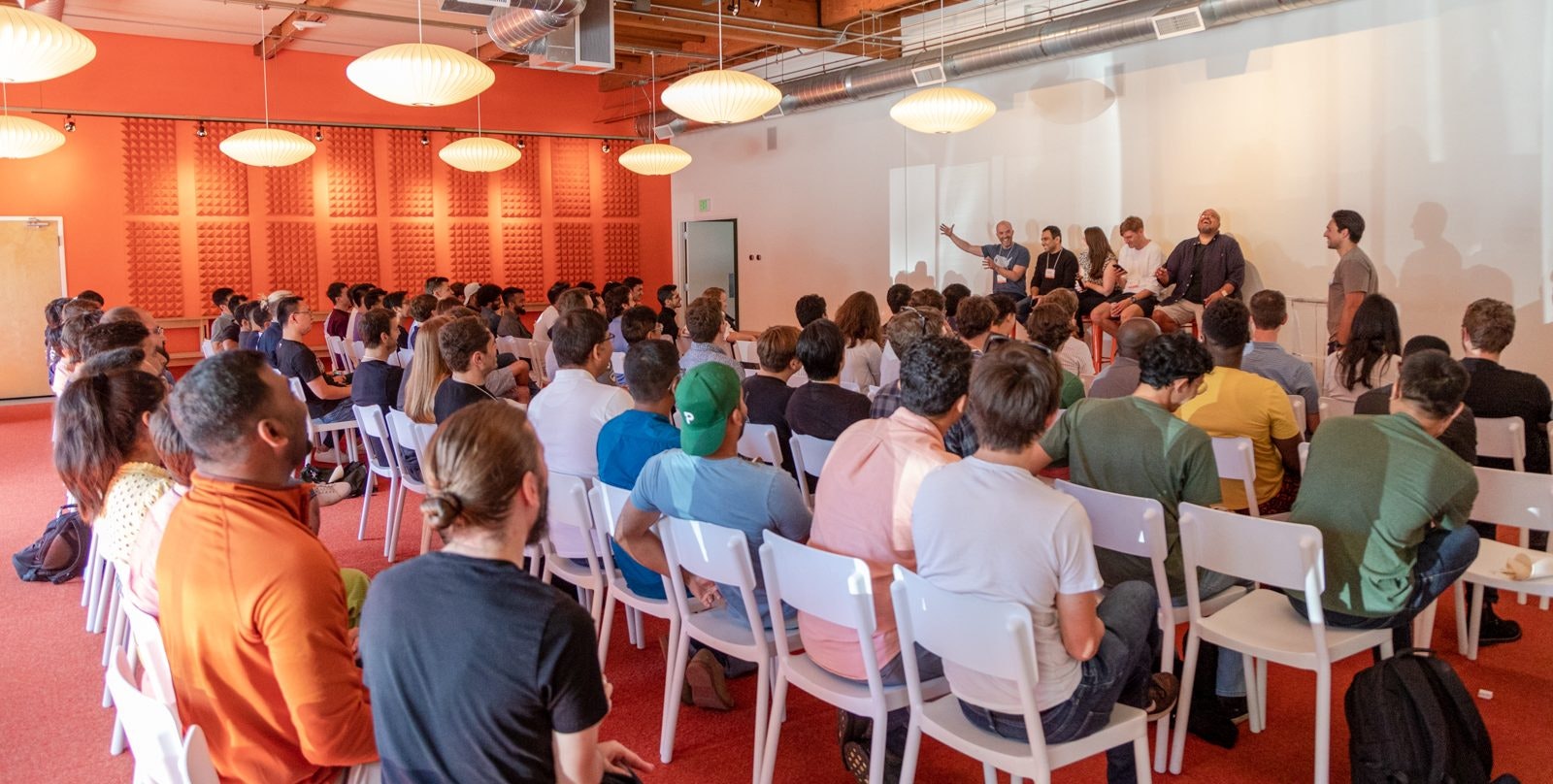The proportion of European founders taking part in Silicon Valley accelerator Y Combinator’s summer cohort this year rose to 21% — up from 13% in the winter cohort and 18% in the summer of 2022.
Y Combinator confirmed with Sifted that 108 European founders are building their startups with the famed 18-year-old accelerator, out of 517 in total. That’s up from the 72 that took part in YC’s 2023 winter cohort — where 542 founders took part overall.
The accelerator has seen a rise in European participants since it went online during the pandemic. While YC has since shifted back to an in-person affair, it doesn’t seem to have deterred European founders from upping sticks and moving to the US for a few months.
YC’s summer programme runs from June to August and is one of startupland’s most esteemed company builders. It was one of only two accelerators that a Sifted survey of 20 top-tier VCs rated as worth taking part in — the other was Entrepreneur First — and the company says that 39% of its startups go on to raise a Series A.
So far, 24 Europe-based startups have announced themselves publicly as part of the summer batch, according to YC’s website.
Here are the startups taking part in Y Combinator’s summer cohort.
AI
Slicker: London-based Slicker is a payments processing platform for large businesses.
Latent Space: The London-based startup helps teams analyse spreadsheet data with its AI assistant.
Order.link: Munich-based startup Order.link is an AI-powered customer service tool, helping teams reply to customers in an instant.
Atla: London-based atla is building an AI assistant for legal teams.
Kapa.ai: Copenhagen’s kapa.ai helps developer-facing companies — like OpenAI and Airbyte — build AI support bots.
Subsets: The Copenhagen-based startup is an AI-driven customer retention platform for subscription businesses.
Haven: A Berlin-based startup helping companies run large language models on the cloud.
Quack AI: The French startup is an AI-powered developer tool for software companies that want to run open source projects.
Osium AI: A French startup helping R&D engineers formulate and characterise advanced and sustainable materials with its AI platform.
FlowiseAI: The Irish no-code startup helps companies build large language models based on their own data.
CodeStory: A London-based developer tool building a platform to automate workflows.
Climate tech
Orbio Earth: Berlin-based Orbio uses satellite images to track methane emissions from oil and gas companies. It sells the data to investors looking to back companies in the sector.
Elyos Energy: The London-based startup helps businesses optimise their energy usage by automatically buying electricity when cost is lowest.
HyLight: Paris-based Hylight is building autonomous airships that can monitor leaks on pipelines and defects on power lines.
SaaS
Tiptap: Berlin-based Tiptap is building open source content editing and collaboration tools for developers.
Aglide: London’s Aglide is a password manager for startups, which helps companies track employee apps, costs and usage.
Upstream: A Paris-based messaging app for teams built on top of email.
Unhaze: The Copenhagen-based startup is a tool for sales teams that helps them find leads most likely to close.
SID.ai: Zurich’s SID is a developer tool enabling companies to integrate customer data with their own large language models.
Langdock: A German GDPR compliance tool for companies that use ChatGPT.
Fintech
Capi Money: The London-based startup is a payments processor for African businesses.
Fragment: A French startup helping fintechs automate compliance operations.
Healthtech
Healthtech-1: The London-based startup automates processes in healthcare systems, and says it’s currently working with 100 NHS primary care practices.
Sohar Health: London’s Sohar Health is a SaaS platform for behavioural health companies that automates workflows, verifies insurance claims and helps increase patient intake.














